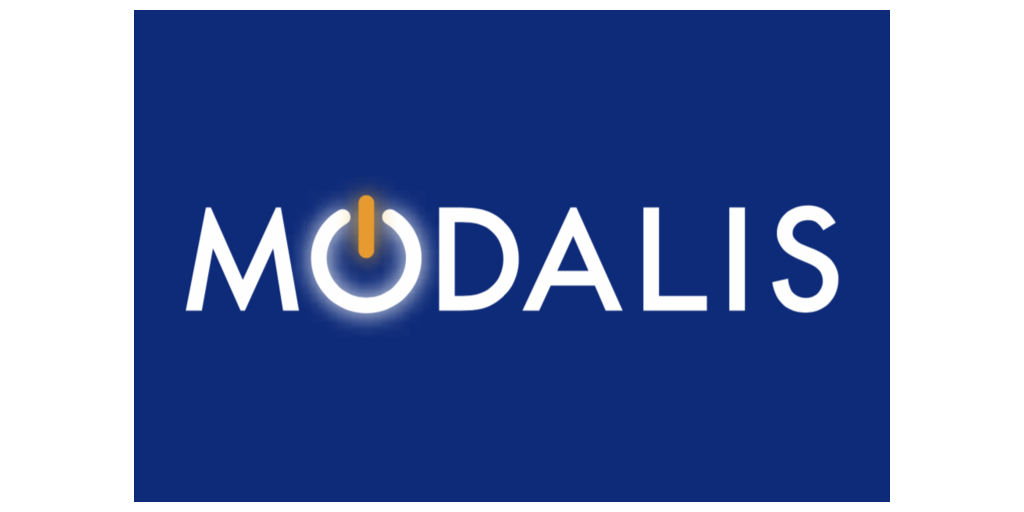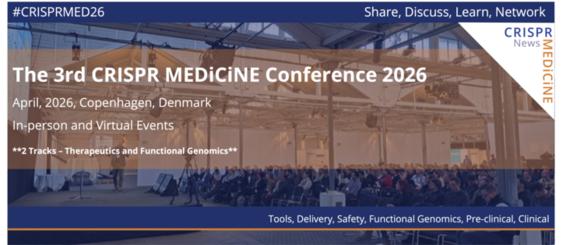TOKYO & WALTHAM, Mass.--(BUSINESS WIRE)--Modalis Therapeutics Corporation (Tokyo Stock Exchange: 4883, CEO: Haru Morita), a leading company pioneering treatments for rare genetic diseases using its proprietary CRISPR-based epigenome editing technology, CRISPR-GNDM®, today announced that the U.S. Food and Drug Administration (FDA) has granted an Orphan Drug Designation (ODD) to MDL-101, a novel precision medicine being developed for the treatment of congenital muscular dystrophy type 1a (LAMA2-CMD).


The ODD we have just received is based on the Orphan Disease Act of 1983 and is a system for designating drugs that meet certain conditions, such as having fewer than 200,000 patients in the United States and being particularly in need of medical treatment. This system supports and promotes the development of orphan drugs intending to provide safe, high-quality drugs to the medical community as soon as possible, in light of the situation where research and development of orphan drugs is not progressing sufficiently due to the small number of patients despite the high medical need for such drugs.
Haru Morita, CEO and President of Modalis, said, “LAMA2-CMD is a serious, life-threatening rare disease that causes muscle weakness and reduced survival in patients. Currently, there is no approved treatment for LAMA2-CMD in the United States. We are hopeful that MDL-101, which has the potential to activate LAMA1, the sister gene of LAMA2, the causative gene of this disease, and achieve a fundamental cure, will become the first treatment that improves the prognosis of these patients.”
LAMA2-CMD is a severe, early-onset congenital muscular dystrophy caused by the absence of the LAMA2 protein, which is made up of more than 3,000 amino acids. Because it cannot be loaded onto an AAV vector, it is thought that the conventional approach to gene therapy development is difficult. For this reason, there is currently no treatment, including gene therapy, that addresses the underlying cause of LAMA2-CMD.
Modalis’ proprietary CRISPR-GNDM® technology allows for precise modulation of gene expression without altering patient DNA sequence. MDL-101, Modalis’ lead candidate for LAMA2-CMD, represents a first-in-class therapeutic that aims to address the unmet need by inducing expression of the sister gene LAMA1 in muscle tissues, thereby compensating for the deficient function of LAMA2.
Guided by its mission, "Every Life Deserves Attention," Modalis is dedicated to bringing life-changing treatments to patients suffering from diseases for which no cure currently exists.
About MDL-101
MDL-101 is an experimental, epigenetic editing therapy that is being developed for the treatment of LAMA2-Congenital Muscular Dystrophy (LAMA2-CMD). MDL-101 is comprised of a guide nucleotide targeting LAMA1 gene, a highly homologous sister gene of the disease-causing gene LAMA2, enzyme-null Cas9 (dCas9) fused with trans-activating domain driven by a muscle-specific promoter and coded in a muscle-specific AAV vector. MDL-101 upregulates LAMA1 gene products in patients’ muscle tissue to compensate for loss-of-function caused by mutation of LAMA2, and therefore has the potential to provide a one-time, durable treatment to benefit people living with LAMA2-CMD.
About Modalis:
Modalis Therapeutics develops precision genetic medicines using epigenome editing technology. Modalis is pursuing therapies for orphan genetic diseases using its proprietary CRISPR-GNDM® technology which enables the gene/locus-specific modulation of gene expression or epigenome editing without the need for DNA cleavage or altering DNA sequence. Headquartered in Tokyo with all research and development operations in Waltham Massachusetts, the company is listed on the Tokyo Stock Exchange’s Growth market. For additional information, visit https://www.modalistx.com/en/.
Contacts
For further information, please contact:
Modalis Therapeutics Corporation
Corporate Communications
Sawako Nakamura









